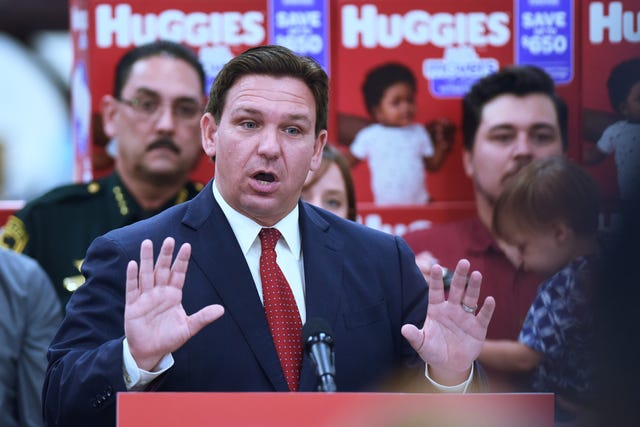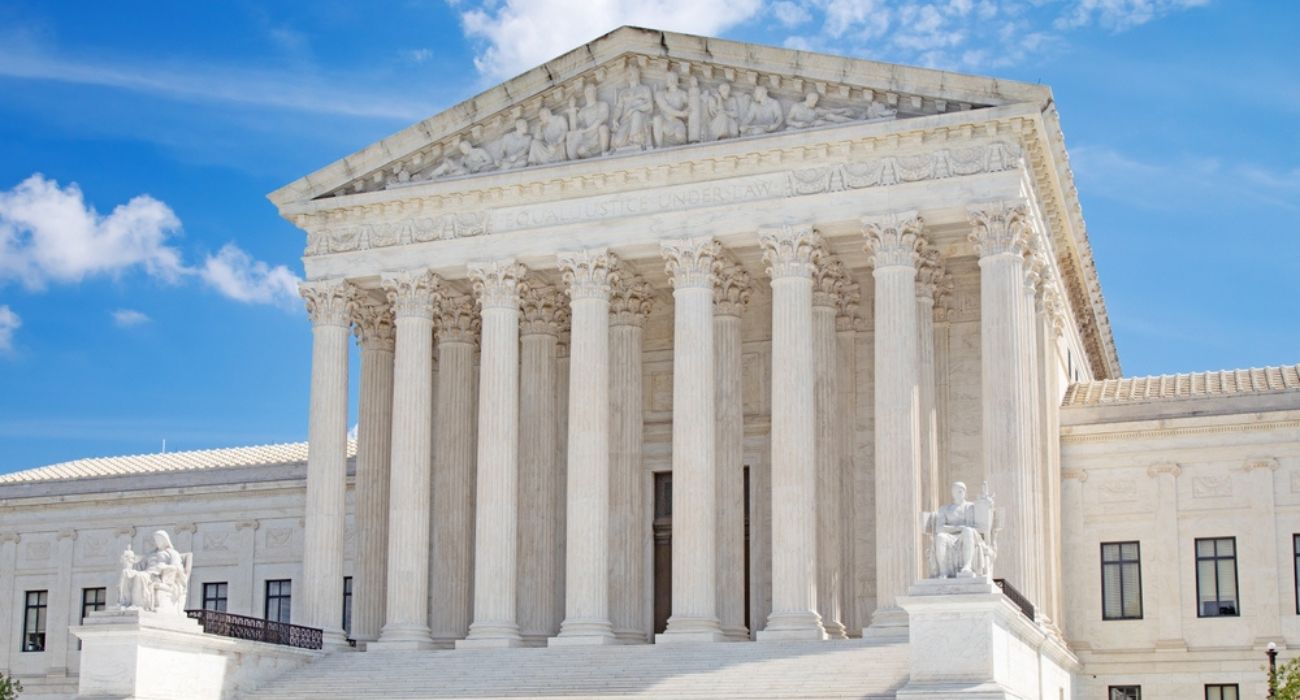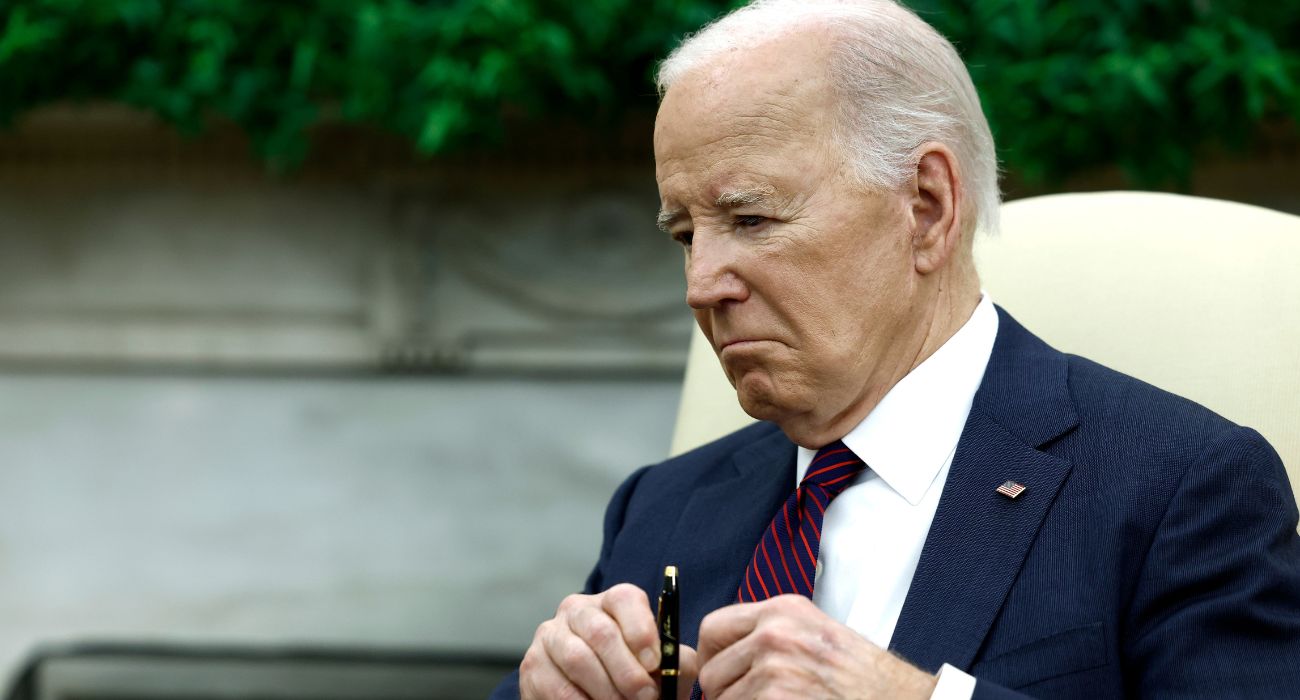On Monday, Florida Governor Ron DeSantis signed legislation that will impose fines or jail time on anyone who protests in front of a private residence within the state.
The bill, officially known as HB 1571, will not take effect until October 1 and makes such protests a second-degree misdemeanor. State Senator Keith Perry of Gainesville initially introduced the legislation.
“This bill recognizes the right of privacy, safety, and peace that we all deserve in our own home,” he said.
Those found guilty under the new statute could be sentenced to as much as 60 days in jail and six months’ probation, with a maximum fine of $500.
Under the new law, police must first warn protesters to leave the property. If the warning is ignored, police can then arrest violators.
The new legislation comes after recent protests were held in front of the homes of Supreme Court justices. Justices specifically targeted during those protests were Chief Justice John Roberts and Justices Samuel Alito, Amy Coney Barrett, and Brett Kavanaugh.
The protests came after a May 2 leak of a 67-page draft opinion, which indicated the court could potentially strike down the landmark 1973 Roe v. Wade ruling on abortion. That draft was written in February, though the court has issued no official ruling.
“Sending unruly mobs to private residences, like we have seen with the angry crowds in front of the homes of Supreme Court justices, is inappropriate,” said DeSantis in a statement. “This bill will provide protection to those living in residential communities and I am glad to sign it into law.”
The day after the draft was leaked, DeSantis claimed that the leak was politically motivated and described it as a “significant breach of trust.”
The Florida bill follows in the footsteps of last week’s bipartisan bill in the U.S. Senate that provides around-the-clock protection to family members of Supreme Court justices.
That legislation, introduced by Texas Republican John Cornyn and Delaware Democrat Chris Coons, passed unanimously and now awaits approval in the House of Representatives. Once approved by the House, the bill would only require President Biden’s signature to become law.
Francesca Menes, the co-founder of the social justice organization The Black Collective, told CNN that the Florida bill “builds on the unconstitutional foundations of the anti-protest bill last year and only reaffirms our will to make sure our voices are heard in order to create a brighter future for the people of our state.”
Last year, DeSantis promoted what he called an “anti-riot” law in response to civil unrest after the murder of George Floyd. The law would have allowed police to arrest anyone participating in a protest that turned violent. However, a judge halted enforcement of the law, calling it “vague and overbroad” and a violation of the First Amendment right to assemble and protest.
“The right to peaceful protest is a bedrock American principle that should never be undermined,” Menes added. “That’s not the case here in Florida, where we have seen legislation the last two sessions undermining this vital right and attacking the black communities that have relied on it to bring about meaningful change for generations.”
DeSantis, who is running for re-election this year, has also been considered a potential contender for the 2024 Republican presidential nomination.






